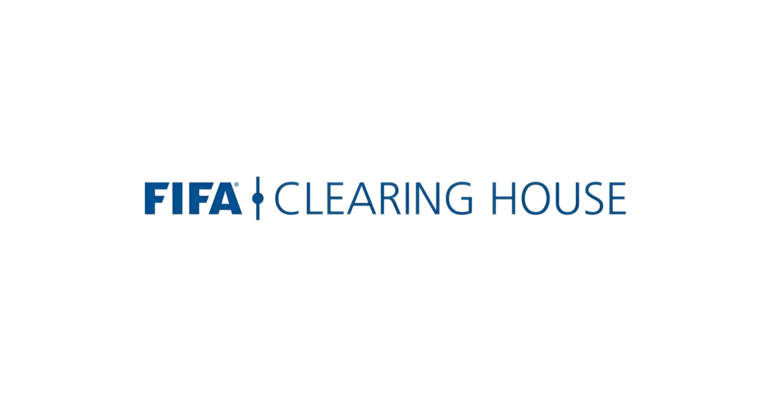Principles of Good Governance in Armenian Sports: Current Status
This in-depth publication delves into the current state of governance within the Armenian sports industry, focusing on the application and shortcomings of the Principles of Good Governance (PGG) as outlined by the Council of Europe. Given Armenia’s status as a member of the Council, the nation is expected to adhere to the international governance standards promoted by these principles, yet significant gaps persist.
Research Relevance:
The study highlights the necessity of implementing PGG in Armenia’s sports industry, which is hampered by outdated laws, inadequate regulatory mechanisms, and the lack of a clear transition from amateur to professional sports, save for football. The research points out that other sectors, like wrestling, boxing, and chess, are not fully aligned with good governance practices. It argues that the outdated legal frameworks and insufficient enforcement of governance principles are limiting the development of professional sports in the country.
Key Findings:
- Lack of Legal and Regulatory Framework:
- Armenia’s legal framework does not adequately support the enforcement of good governance in sports. There are no binding legal tools obligating stakeholders to engage in social dialogue or comply with governance standards.
- The local governance framework is fragmented, with no specific laws on transparency or public accountability, unlike in countries such as Spain where transparency laws exist to ensure good governance in sports.
- Governance Gaps in National Sports Bodies:
- A significant portion of the Sports Governing Bodies (SGBs) in Armenia lack transparency. Key documents like constitutions, regulations, and annual reports are often not made public. Additionally, many SGBs do not even have official websites, and when information is available, it is often through sporadic updates on social media.
- The governance structure of some federations allows an excessive concentration of power in executive committees or individual leaders, leading to a lack of checks and balances.
- Deficient Transition from Amateur to Professional Sports:
- The report stresses that the Armenian sports system struggles with the transition from amateur to professional sports. Apart from football, there is insufficient structure or support for athletes to move to the professional level in most sports. This gap limits the development of elite sports in Armenia.
- Transparency and Public Communication:
- The concept of transparency is poorly implemented in Armenian sports governance. Unlike other countries with dedicated transparency laws and mechanisms, Armenian sports bodies typically require formal requests to release information, creating barriers to public access. This lack of proactive disclosure leads to mistrust and inefficiency.
- The publication cites examples from countries like Spain, where specific laws ensure public access to sports governance information and provide mechanisms for appeal when transparency is not met. In contrast, Armenia’s fragmented approach makes it difficult for stakeholders to engage in meaningful oversight of sports bodies.
- Democratic Deficit in Decision Making:
- The research highlights the insufficient implementation of democratic processes within Armenian sports governance. Although most sports federations claim to adhere to international democratic standards, such as those set by FIFA and UEFA, the local application of these principles often falls short. Elections within federations are often procedural rather than substantive, and key decisions are concentrated in the hands of a few.
Methodology:
The research methodology combines a thorough analysis of international best practices with an examination of Armenia’s compliance with PGG. The study uses deductive reasoning to break down governance principles and inductive reasoning to compile Armenia’s current issues in this context. It adopts a comparative approach, looking at governance models in other countries, particularly in Europe, to highlight areas where Armenia lags behind.
Recommendations:
To address these issues and move toward more robust governance practices, the study offers several key recommendations:
- Adoption of a Unified Transparency Framework:
- Armenia should implement a national law similar to Spain’s Act on Transparency, Access to Public Information, and Good Governance, which would set clear requirements for sports bodies to disclose information. This would include the creation of a Transparency Portal.
- Enhancing Democratic Processes:
- Federations must establish clear democratic election procedures, ensuring broader stakeholder participation. These should go beyond formal compliance with international requirements and foster genuine dialogue among athletes, coaches, and fans.
- Strengthening Checks and Balances:
- To prevent the over-concentration of power within the executive bodies of sports federations, Armenian SGBs should implement checks and balances, including the separation of legislative, executive, and judicial powers within their organizations.
- Building a Bridge Between Amateur and Professional Sports:
- Establishing clearer pathways from amateur to professional sports is essential. The study recommends creating structured development programs that support athletes’ transition and offer professional opportunities beyond football, which is currently the only sport with significant professional infrastructure.
- Fostering Social Dialogue:
- There needs to be a concerted effort to initiate social dialogue between sports federations and the wider public, including athletes, coaches, and fans. The publication suggests creating forums or platforms for stakeholders to engage with governance bodies on key issues.
The research underscores that while Armenia has made strides in developing its sports governance structures, significant work remains. By aligning more closely with the Principles of Good Governance as outlined by the Council of Europe, Armenian sports federations can foster greater transparency, accountability, and democratic engagement. The recommendations offered in this publication aim to provide a roadmap for reforms that will support the growth and professionalization of sports in Armenia. This publication is a must-read for sports administrators, legal experts, policymakers, and anyone interested in the governance of sports in Armenia. It provides both a critical analysis of current challenges and a forward-looking vision for reform.
The article written by Ashot Kyureghyan with co-authorship of Arman Avetisyan





